Netanyahu Allows Limited Food Aid into Gaza Amid Mounting International Pressure
Israeli prime minister cites U.S. Senate concerns over famine risk as reason for easing Gaza blockade, despite internal criticism and ongoing military escalation.Israeli Prime Minister Benjamin Netanyahu has announced a limited resumption of food aid into Gaza, citing urgent pressure from allies in the U.S. Senate and the need to avoid a humanitarian catastrophe amid an intensifying military campaign.
In a video statement released Monday, Netanyahu said he would permit a “minimal” quantity of food into the territory following 11 weeks of a near-total blockade. He stressed the move was necessary "both from a practical and a diplomatic standpoint" to prevent famine.
The decision comes as the Israeli military expands its ground offensive against Hamas, with Netanyahu declaring, “We are going to take control of all areas of the Strip.” Israeli airstrikes reportedly killed at least 20 people across Gaza on Monday alone, and the military said it had targeted over 160 sites in the past 24 hours.
On Sunday, Israeli forces ordered the evacuation of Khan Younis and surrounding areas in southern Gaza, warning residents of an imminent “unprecedented attack.” The military had previously halted all aid and commercial deliveries to Gaza on March 2, resuming combat operations two weeks later and ending a two-month ceasefire with Hamas.
The intensified campaign has led to the deaths of over 3,000 people and displaced an estimated 400,000 more in recent weeks, according to local health officials. Gaza’s health ministry, run by Hamas, also reported that at least 57 children have died of malnutrition over the past 11 weeks.
The UN has raised alarms about the worsening humanitarian crisis, with its Integrated Food Security Phase Classification (IPC) warning that 500,000 Gazans—around one in five—face starvation. The UN maintains that Israel is legally obliged to ensure access to food and medical supplies for civilians in occupied territories.
Despite this, Israeli officials have consistently argued that aid deliveries during the ceasefire were sufficient and accused Hamas of commandeering humanitarian supplies.
Responding to mounting criticism at home, Netanyahu defended his decision, saying he had refused to allow aid through the UN or other organizations due to alleged Hamas looting. Instead, he outlined a new aid distribution method involving American companies operating from hubs secured by Israeli forces.
"Until we establish those distribution points and create a sterile zone under IDF control," Netanyahu said, "we need to provide a minimal, basic bridge—just enough to prevent hunger."
He added that prominent U.S. senators, described as staunch allies of Israel, had urged him to act to avoid global backlash over potential images of mass starvation in Gaza.
Still, the plan has provoked backlash within Netanyahu’s cabinet. National Security Minister Itamar Ben-Gvir, a far-right figure, condemned the decision as a “grave mistake” that would “fuel Hamas and give it oxygen while our hostages languish in tunnels.”
Meanwhile, nine lorries carrying humanitarian supplies, including baby formula, were reportedly cleared to enter Gaza on Monday, although the Israeli military agency COGAT had yet to confirm the deliveries.
The UN Office for the Coordination of Humanitarian Affairs (OCHA) said it was in discussions with Israel about resuming limited aid, but reiterated its refusal to participate in a plan that bypasses established humanitarian mechanisms. Aid organizations have criticized the Israeli-American aid model as incompatible with international humanitarian principles.
Netanyahu emphasized that the military goal remains unchanged: the total defeat of Hamas and the safe return of 58 hostages, of whom up to 23 are believed to be alive.
Indirect negotiations between Israel and Hamas continue in Qatar, though both sides report no progress on a new ceasefire or hostage deal.
Israel’s military campaign began after the deadly Hamas attack on October 7, 2023, which killed approximately 1,200 people and saw 251 hostages taken into Gaza. Since then, more than 53,000 people have reportedly been killed in Gaza, according to figures from the territory’s health ministry.

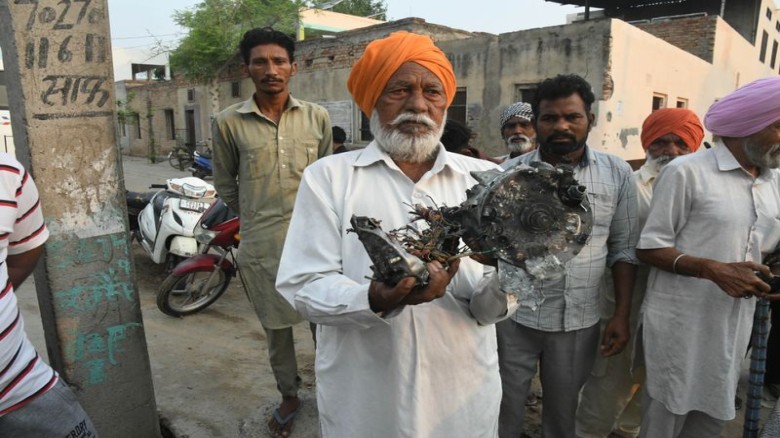
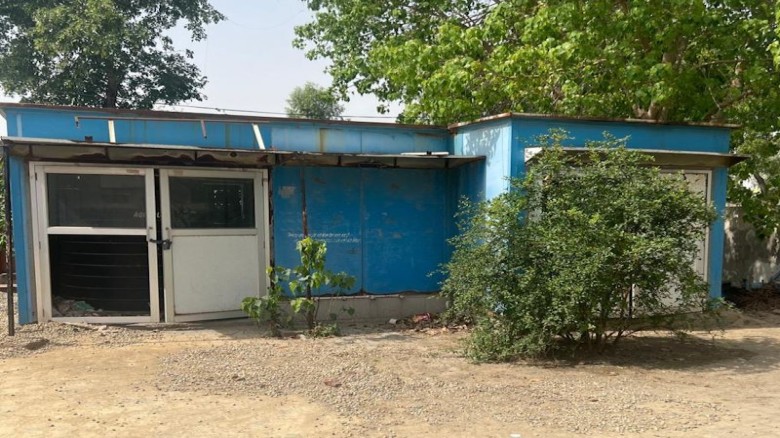

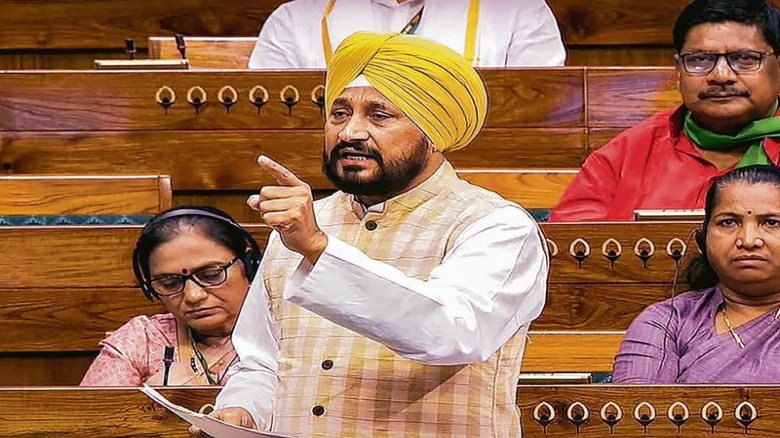





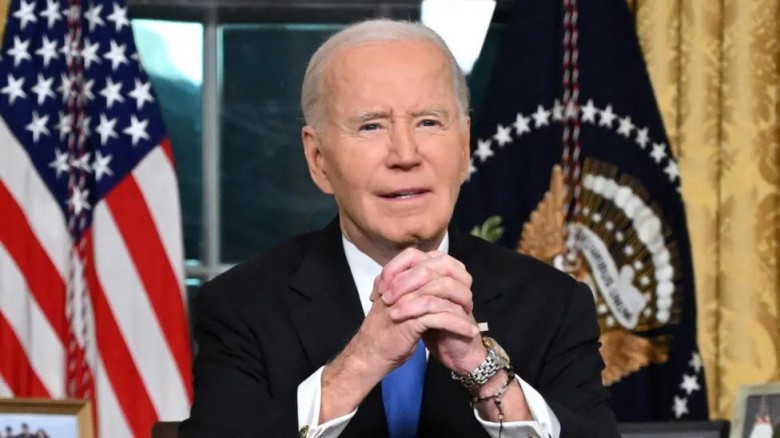






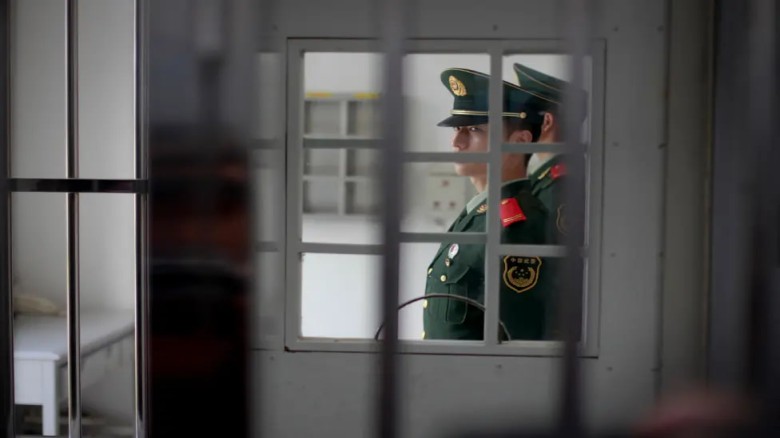



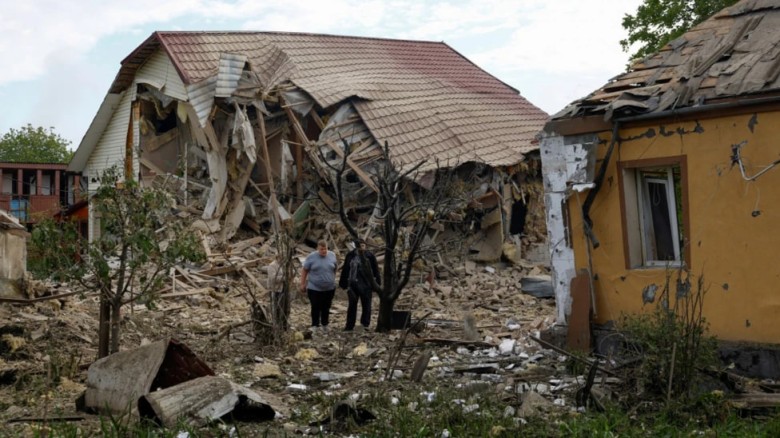




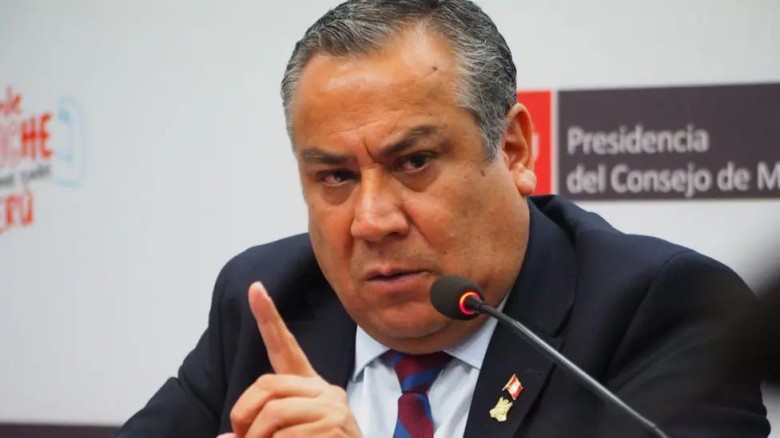

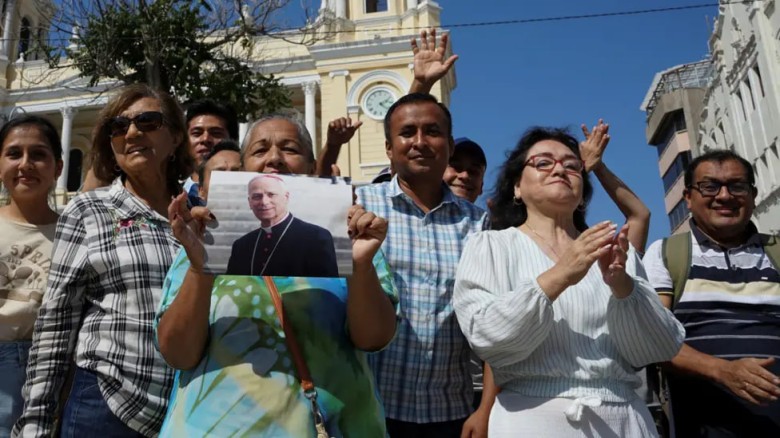











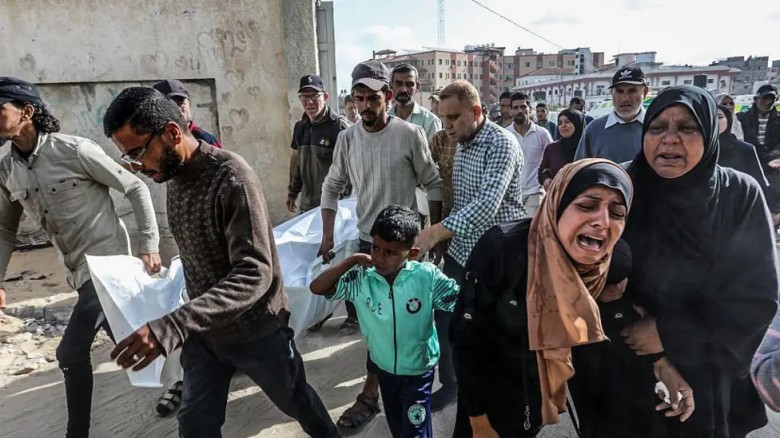































Leave A Comment